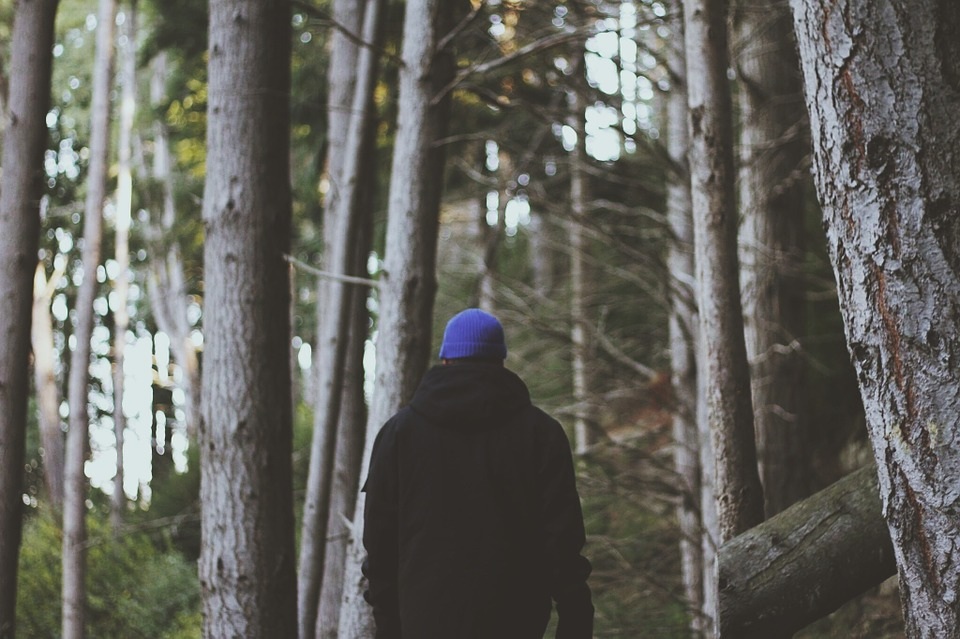|
Are you newly sober and having trouble catching those Z’s? You’re not alone. The rates of sleep disorders among people in recovery range from 25 to 72 percent, past studies have found.
As if that’s not enough, some studies even suggest that not getting enough sleep may actually put you at a higher risk of relapse. Talk about pressure, huh? Don’t Reach for Alcohol to Fall AsleepTo explore the connection, a new study examined the relationship between sleep disturbances among people entering and leaving residential treatment and their chances of relapse throughout the following year. Researchers studied 119 patients with alcohol dependence who were admitted to a 30-day residential Intensive Addiction Program (IAP) at the Mayo Clinic between June 2009 and June 2010. They found that, while in treatment, 52 patients (nearly half the group) reported that they had used alcohol specifically to help them fall asleep. Sixty-nine percent of the patients reported sleep disturbances upon admission to the program, compared to 49 percent who had sleeping issues after leaving the program. And rounding out the group, another 9 percent of the patients reported developing sleep problems while in treatment. But that’s not where the sleep-related problems ended… In the year after leaving treatment, 48 percent of the patients who participated in a follow-up study relapsed. Among those who relapsed, researchers noted that the patients who reported sleep issues were not at a higher risk. However – and this is where we need to pay close attention – the patients who reported using alcohol specifically to fall asleepwere over three times more likely to have relapsed. And the risk of relapse was four times greater for patients who were taking hypnotic medication when they entered treatment. What Does this Research Mean?Ultimately, the findings of this study suggest that sleep issues are common in early recovery – especially for those of us who are recovering from alcohol use disorders. And while trouble sleeping may not put your recovery at risk, the people who use alcohol as a sleep aid are a completely different story. It’s pretty clear that drinking puts us at a much higher risk of relapse. As with all research studies, there are some limitations to the data. Specifically, this study mainly consisted of patients who were older, male and white. Also, the study took place in a healthcare setting, so people may experience different results in their homes or without access to treatment. Looking at the Motivation to UseThe findings do highlight the importance of treatment centers taking the time to find out each patient’s motivation to use of alcohol and/or drugs. Since people who used alcohol to fall asleep are at a higher risk of relapse, sobriety could hinge on learning alternative strategies to fall – and stay – asleep. Cognitive behavioral therapy, for example, can help people retrain their brains to not associate alcohol with sleep. If you are just getting sober and have been using alcohol to fall asleep, it’s a good idea to consult with an addiction specialist who can help you find healthy ways to address your sleep issues. It could save your sobriety, and help you get the Z’s you need to enjoy your newly sober life.
2 Comments
|
AuthorWrite something about yourself. No need to be fancy, just an overview. ArchivesCategories |


 RSS Feed
RSS Feed
